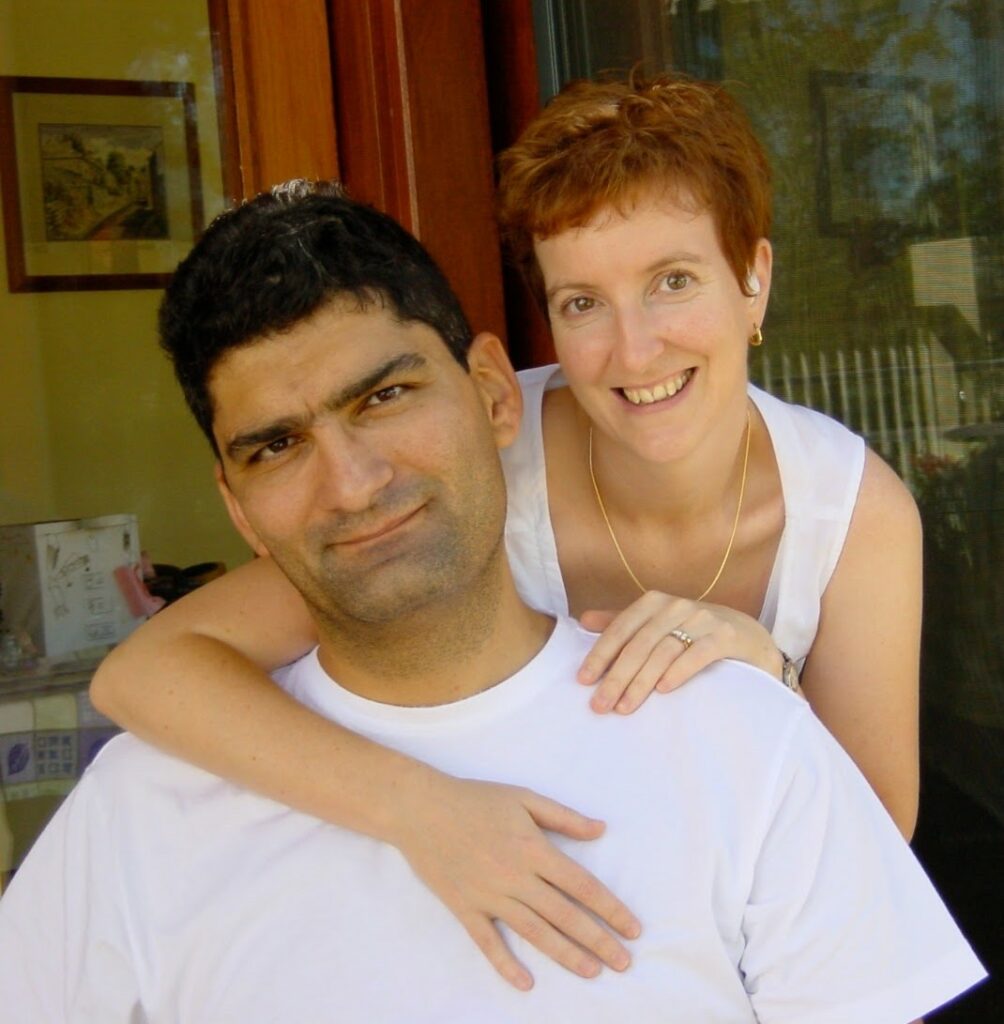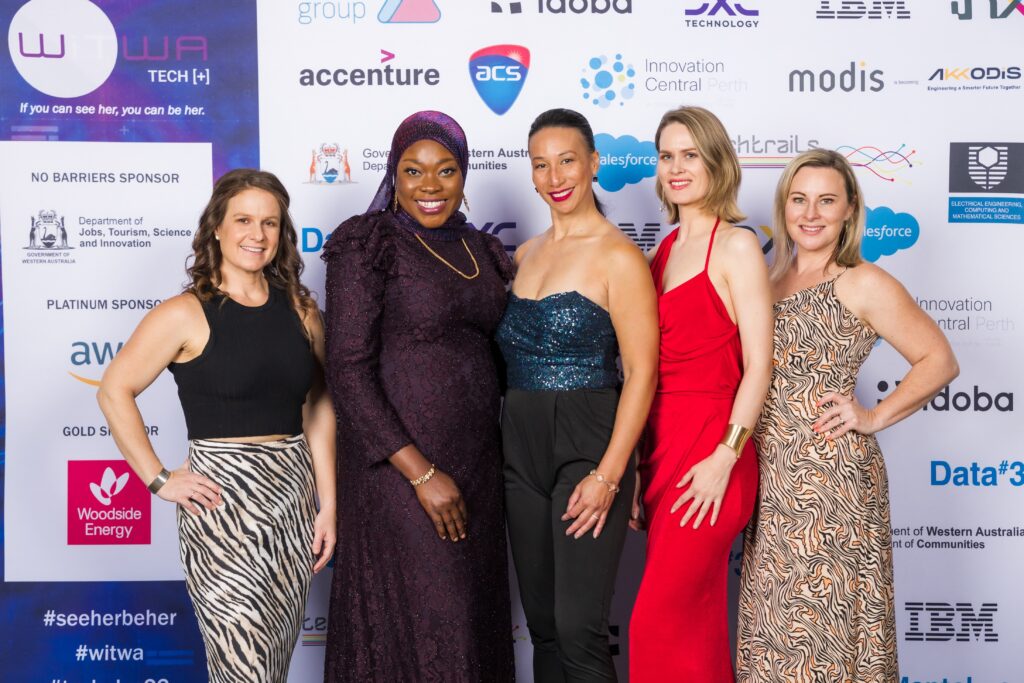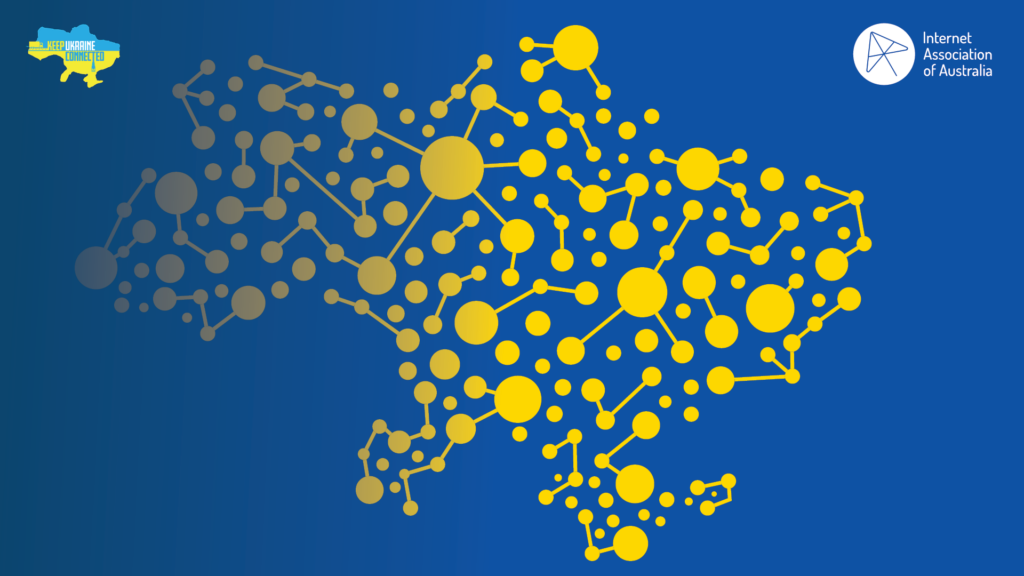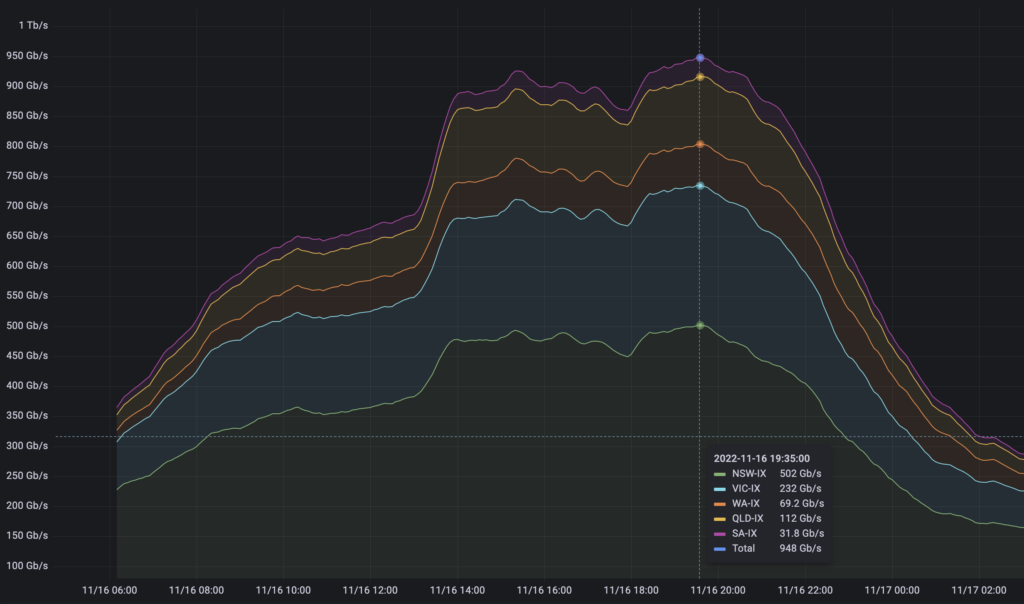In celebration of WA-IX’s 25 years, we take a look back to the beginning and the pioneers advocating for the interests of the WA Internet community. One of these advocates was Harry Protoolis, who attended that very first meeting of the Western Australian Internet Association (WAIA) in 1995. WA-IX formed 2 years later.
Devastatingly, Harry is no longer with us. He was killed aged 38 in a light-plane crash in Perth on August 11 2003. He and his work colleagues from Fremantle technology company Nautronix Pty Ltd were flying to the west of Rottnest Island to test new communications systems over the ocean. The plane crashed minutes after take-off from Jandakot Airport, where Harry died on impact and Steven Warriner lost his life a couple of months after from injuries sustained in the crash. The pilot and three other passengers survived.
When Harry died the world lost an incredibly intelligent man, the Internet industry lost a leader and his family lost someone really special. In a tragic twist of fate, Harry was not meant to be on the plane that day. Harry’s sister Eleni del Pino recalls that someone from Nautronix had called in sick, so Harry took their place. Also, the pilot Alec Penberthy wasn’t scheduled to fly. The original pilot had used up his flying hours, so Alec had stepped in at the last minute.
Eleni remembers Harry fondly, describing her six-foot and four-inch-tall brother as a ‘package deal’. She notes when someone dies they are spoken about as being special, but in Harry’s case he really was someone quite remarkable. She says often computer enthusiasts are socially awkward, but not Harry. ‘His Greek upbringing rounded him out,’ she says. ‘He was brilliant and quick, socially comfortable, and with a great sense of humour. Very articulate also, with a voice that carried without any effort.’ Others remembered him as ‘goofy’ and ‘good natured’.
Harry was 17 months younger than Eleni; their parents, who had both emigrated separately from Greece and met in Perth, had 5 children – all of them girls apart from Harry. The siblings went to Balga Primary School, then Balga Senior High School. It was at high school that Harry came into his own. He was an all-round high achiever who loved learning and represented the school in an English public-speaking competition. Eleni said he was a fish out of water among the ‘geeky’ boys. ‘He was good fun, active in the Greek community,’ she says. ‘There for everybody and anyone.’
Eleni recalls a conversation she’d had with Harry, where he’d mentioned he’d never had a failed project as he always spoke to the end-user of the system and assessed their needs before taking on a contract. ‘Nobody thought the way he did,’ she says. ‘Harry was decades ahead of everyone else, a visionary. He was a huge loss to the company he worked for.’ Indeed, after his death a Nautronix spokesperson stated the company had searched both nationally and internationally but was unable to find a replacement with the depth of knowledge that Harry had. His “expertise and domain knowledge was irreplaceable,” they’d said. Eleni observes it was no surprise that Harry joined IAA as he was socially conscious and wanted to use his superpowers for good. His superpowers: ‘He really understood how people and technology interact,’ she says. ‘He also had a strong presence, was really warm and creative. Harry could sell ice to the Eskimos.’
Carl Johnson was Harry’s best friend and attended that very first meeting of WAIA with him. Carl recalls Harry taking charge at that meeting, as he was wont to do. ‘Whatever situation was happening, Harry was in charge or contributing in some major way,’ he says. Carl first met Harry in the UK when they were both working for Sun Microsystems. Harry was over there after completing a computer science degree and working for a few years in Perth. He had lined up a job in advance at Sun Microsystems, which is where he met his future wife, the lovely Janet, who is unfortunately no longer with us either. After Harry’s death, Janet had described him as ‘larger than life’. Carl was best man at Harry and Janet’s wedding, which took place in Perth. The couple had three children, two daughters and a son who is Harry’s namesake. They are all now in their twenties and flourishing.
Eleni says even with Harry’s tragic passing there is so much to be grateful for. When the plane crashed, he’d hit his head and didn’t suffer the fireball that had engulfed the plane. ‘It’s the living who suffer,’ she says. ‘He went out as dramatically as he lived; he did not go quietly into the night.’








